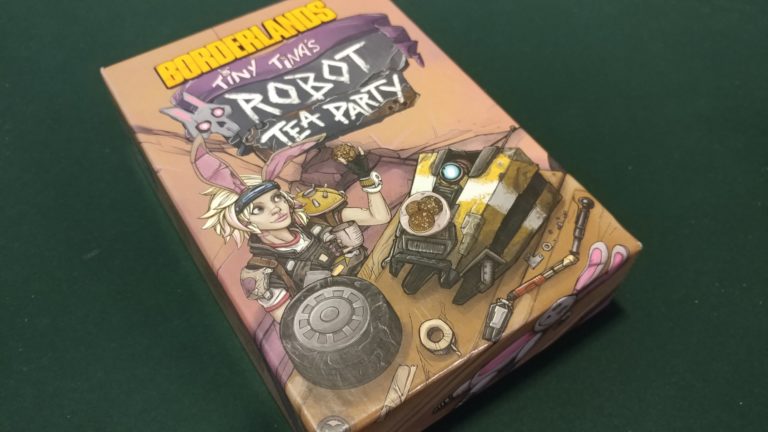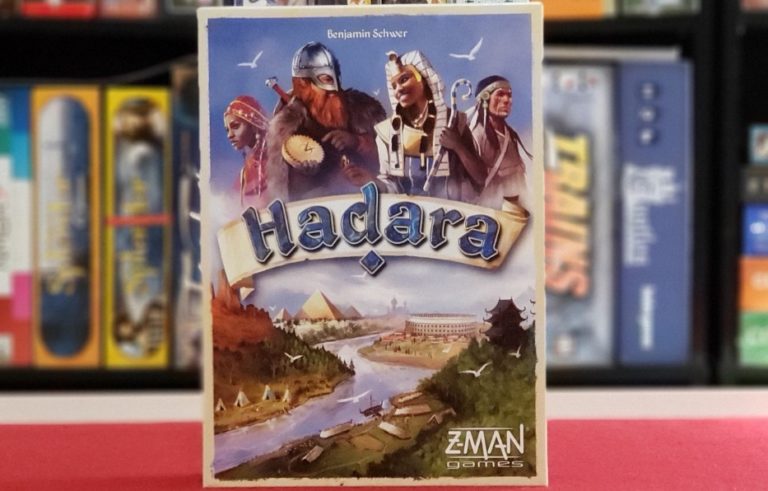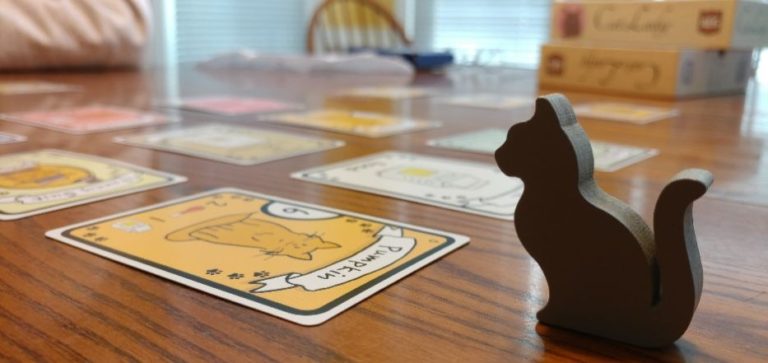Text messaging is a bit weird when you think about it. I mean, it’s a much more basic form of communication than the phone call, yet if I dial somebody up now, the topic better be an engagement, pregnancy, or death. Otherwise, I’m a big weirdo. “Why didn’t you just text me?” I dunno, maybe I like responses that are instantaneous rather than at the speed of thumbs?
I mean, it’s just so backwards. It’s like you decided that emailing wasn’t your style and you decided to fax everyone any messages that you had. Or if NASA said, “Yeah, we’ve decided to drop the whole ‘Space’ part of our name and are instead going with ‘Sailing’. We just got tired of the complete absence of planks and peg legs.”
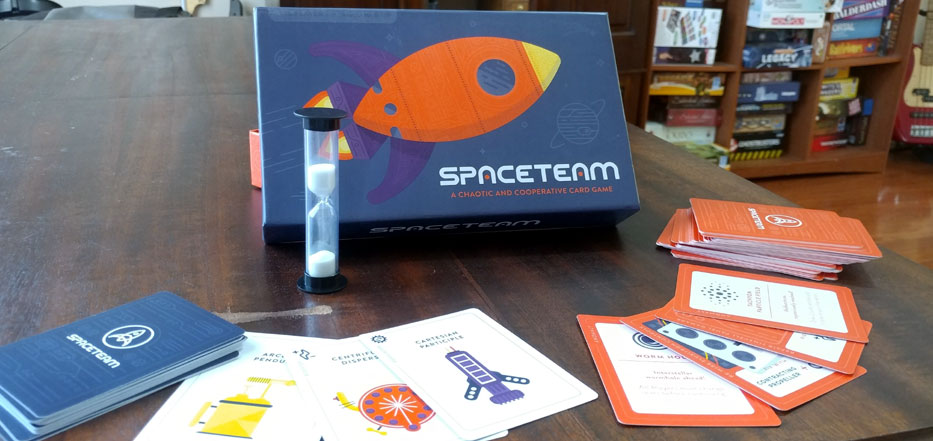
Spaceteam is kinda backwards itself. The game started as an app – a free one at that. It was downloaded over 3 million times and translated into 11 different languages, winning all sorts of awards along the way. A Kickstarter was launched in 2016 to bring this game to the table… because apparently there’s a big enough “we don’t all have smartphones” market. What resulted is a card game that is pretty fun and has a few laughs, but also possesses a few shortfalls that keep it from being truly great.
The premise is fairly simple: you are all astronauts on a space mission that has gone completely haywire. All sorts of things are broken, and you have each been given a lists of repairs and other issues to tackle in the form of a stack of orange cards.
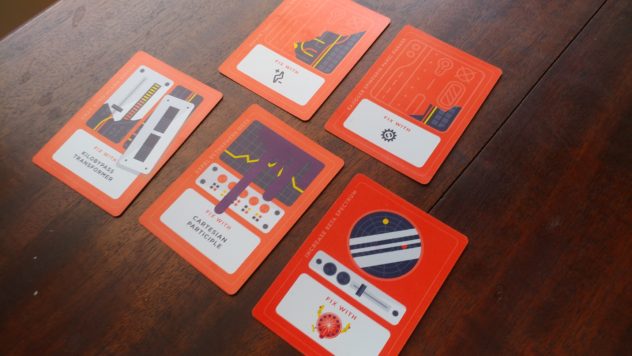
“Our radar… it’s been… jammed!”
It is your job as a group to finish your repairs and to locate the “systems go” cards before the timer runs out.
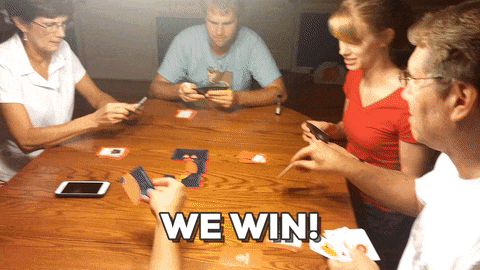
Each player is also given a set of tools, which they use in order to tackle the aforementioned repairs. One issue with these tools – they have ridiculous names and shapes. Now I know that spaceships are super technical and futuristic, but I hope that we avoid ever calling something a “Cartesian participle” that looks like a syringe that grew wings.
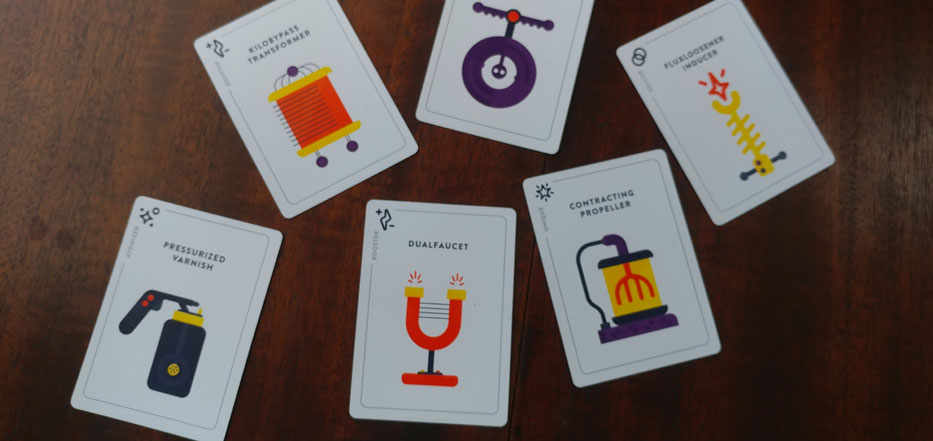
Unicycle, anyone?
This game is not played in turns. Instead, once you flip the timer, you’re all off on your way. Everyone is yelling for what tools they need to complete the repair on their orange card. However, most of these requests are gibberish. The tools for each repair are identified on the orange card by name, a picture of the design, or their type. So you might hear someone yell something as simple as “I need two gears!”, or as complex as “I need something that looks like a pair of headphones coming out of an old TV set!” No one else knows what the heck you’re talking about except the one person that has it in their hand. And you better hope that they are paying attention to you and not the other 3-5 people that are yelling.
There are two little wrinkles that are added to this process. First, tools cannot be passed across the table. Instead, they must always move to the player either directly to your right or left. With everyone focused on their own tasks, you’re going to have to get people’s attention so that a tool that is a few people away ends up in your hand.
The other piece is extra orange cards called anomalies. Every now and then, these pop up in a person’s deck, and an action must take place. It could be that the person “floats” away from the table until their neighbors pull them back. Or maybe everyone has to pass their tools to the left. Or maybe gravity has kicked in and they can’t pick up any of their tools themselves. It adds a bit of variety to the overall mayhem.
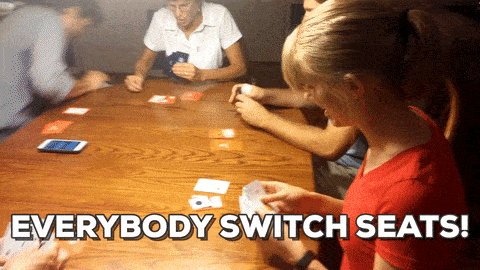
Spaceteam has a lot of great elements going for it. It scales really well to go from beginner to hard, changing up the number of malfunctions and anomalies placed in front of each person. Utilizing this system, you can generally nail down just the right amount of challenge for your gaming group. It also leads to a good number of laughs, which I always appreciate in a game. However, some of this fun begins to dissipate rather quickly.
This is not a game that begs to be played over and over again throughout the rest of the night. After about two or three plays, I generally find myself ready for something else. The gameplay is just a bit too repetitive, and while there is variety in the cards, you’ll go through them all in about three playthroughs. This game also requires a very specific group of people to have a successful session. If some of the people in your group are more subdued, they’re going to find a hard time completing all of their orange cards. If you have an overwhelmingly loud person, they are going to dominate and make it hard for everyone else to accomplish their tasks. I’m not saying it’s going to lose all of its fun, but for this game, your audience is a bigger consideration than usual.
Overall, Spaceteam isn’t a bad game. It definitely has fun moments, and I’ve had a decent time using it in a party scenario in which a bunch of strangers need something that they can learn fast and play quickly. However, as I find myself in that situation less and less often, I’m beginning to question if it’s worth keeping Spaceteam in my collection. I think I may bring it to my classroom, where I think it could work as the foundation of a lesson in communication. So consider this game for your particular environment. Maybe it’ll be a hit with those crazy loud people you spend so much time with. Or maybe this is one that you leave on the shelf at the game store.
Highs
- Quick to learn, quick to play
- Good for a laugh or two
Lows
- Can become old fast
- Only works with a particular group of players
- The material for the cards is a little weird


